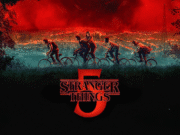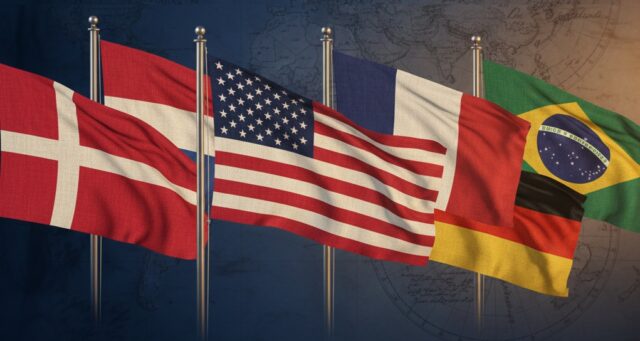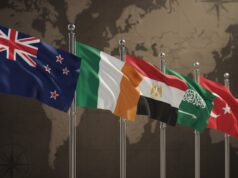Welcome, fellow enthusiasts! After Nootropics and Biohacking, we are excited to kick off this compelling series on National Flags. We are diving deep into vexillology—the study of flags—to explore the symbols that represent nations across the globe. Today, we’re starting with six fascinating National Flags, discovering their origins and unique features.
A Look at Six Historical National Flags
| Country | Flag Picture (Symbolic Representation) | Launch Date (Modern Version) | Shape/Size/Aspect Ratio |
|---|---|---|---|
|
Denmark
|
A red field with a white Nordic cross that extends to the edges.
|
Attested in 1478 (Officially codified 1748)
|
Rectangular, usually 28:37
|
|
Netherlands
|
Three equal horizontal bands of red (top), white, and blue.
|
Officially adopted in 1937 (Used since the mid-17th century)
|
Rectangular, 2:3
|
|
United States
|
Thirteen equal horizontal stripes of red alternating with white, with a blue rectangle in the canton bearing fifty white stars.
|
Current 50-star version adopted July 4, 1960
|
Rectangular, 10:19
|
|
France
|
Three equal vertical bands of blue (hoist side), white, and red.
|
Adopted in 1794 (Current official shades defined later)
|
Rectangular, 2:3
|
|
Germany
|
Three equal horizontal bands of black (top), red, and gold.
|
Re-adopted May 23, 1949 (Used historically since 1848)
|
Rectangular, 3:5
|
|
Brazil
|
A green field with a large yellow rhombus, containing a blue celestial globe with a white band inscribed with the motto Ordem e Progresso.
|
Adopted November 19, 1889 (Stars updated over time, last in 1992)
|
Rectangular, 7:10
|
Discovering Unique Aspects of Each National Flag
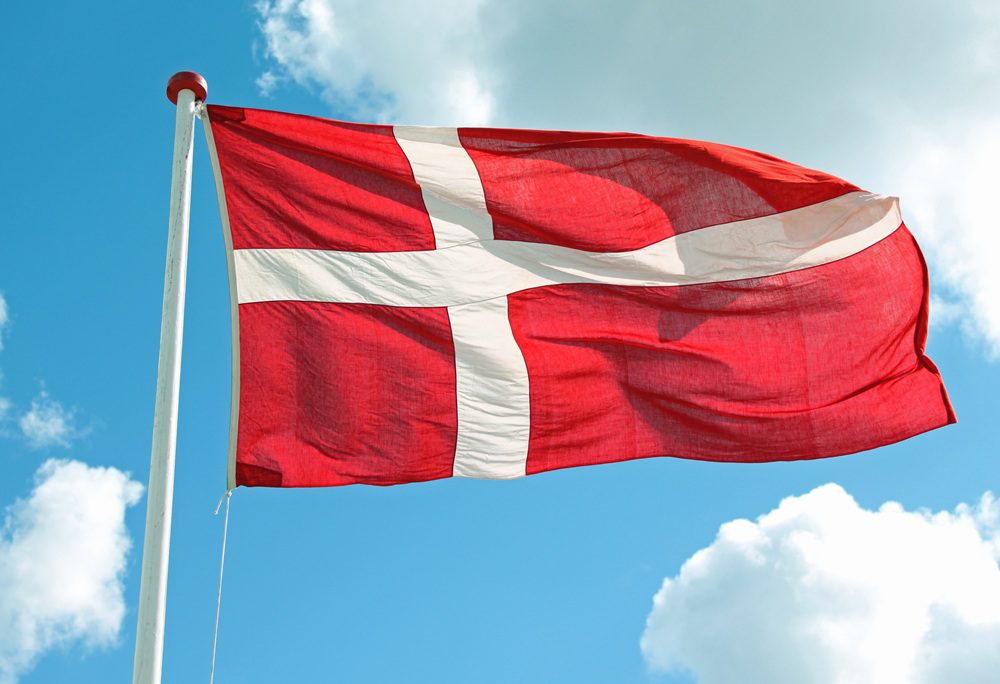
Denmark
Rectangular, usually 28:37
Denmark: The Dannebrog
The flag of Denmark, known as the Dannebrog, is recognized as the world’s oldest continuous-use National Flag of a sovereign state! This remarkable history makes it a true pioneer. Its design, a white Nordic cross on a red field, inspired many other Nordic National Flags. The official size ratio of this rectangular flag is somewhat uneven, at $28:37$, which adds to its distinctive character. It’s certainly a captivating piece of history!

Netherlands
Rectangular, 2:3
Netherlands: The World’s Oldest Tricolour
The Dutch flag holds the distinction of being the oldest tricolour National Flag still in use today. The colours—red, white, and blue—have been associated with the region for centuries. Originally, the top stripe was orange, a nod to the House of Orange-Nassau, but this was permanently switched to red around 1630. Many other modern National Flags are believed to have drawn inspiration from this $2:3$ rectangular design, particularly Russia’s.
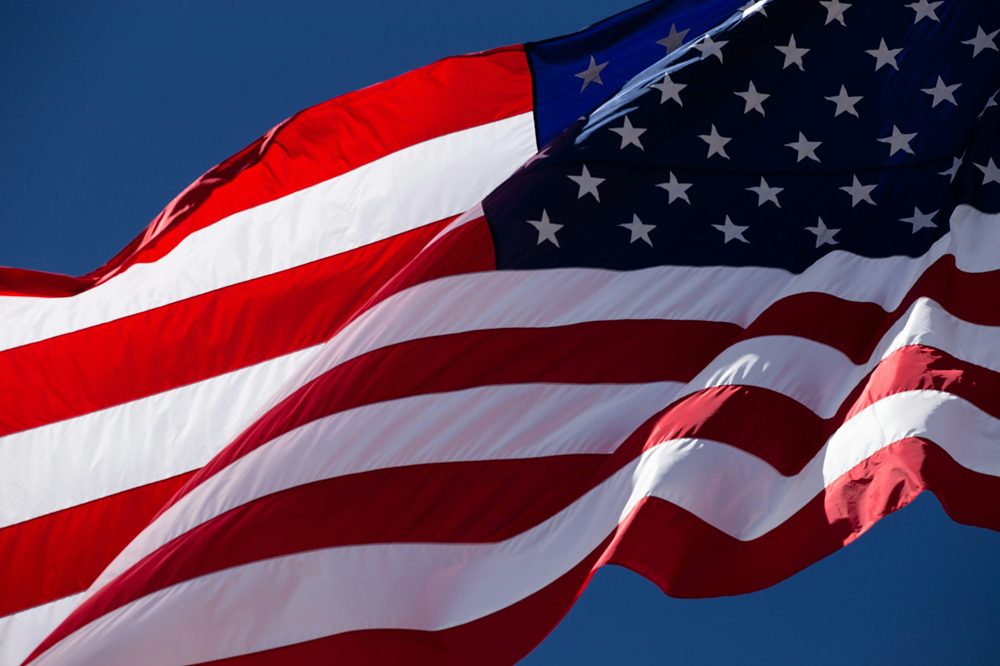
United States
Rectangular, 10:19
United States: The Stars and Stripes
The American National Flag, often called “The Stars and Stripes,” currently features fifty stars, representing the fifty states, and thirteen stripes, for the original colonies. Interestingly, the current $10:19$ aspect ratio flag design was a high school project! A student named Robert G. Heft designed the 50-star flag in 1958 and received a B- grade. His design was later chosen and adopted as an official National Flag in 1960, making it a wonderful story of civic engagement.
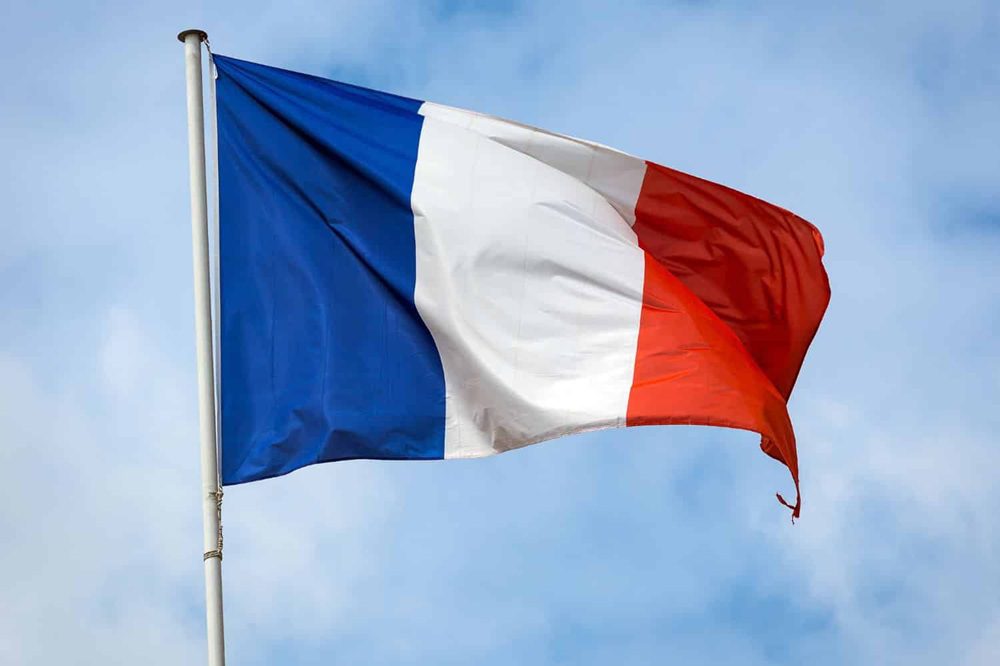
France
Rectangular, 2:3
France: The Iconic Tricolore
Known simply as the French Tricolour, this vibrant $2:3$ rectangular National Flag features vertical bands of blue, white, and red. It was officially designed in 1794. The tricolour design became a powerful symbol of the French Revolution. This historic National Flag helped popularize the vertical tricolour format internationally as a representation of liberty and revolution. It’s a hugely influential National Flag in terms of political symbolism.
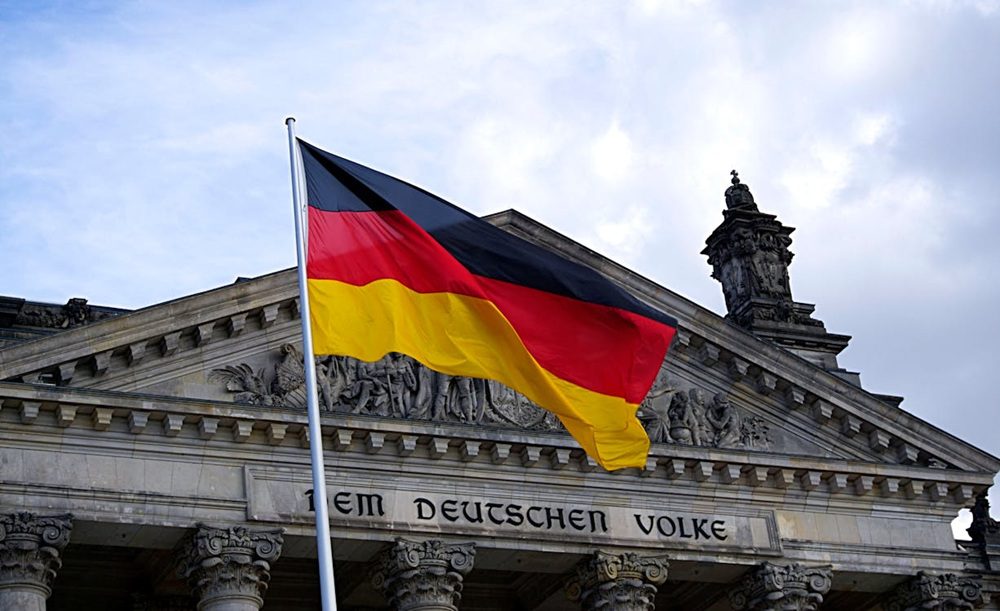
Germany
Rectangular, 3:5
Germany: Unity in Three Colours
The German National Flag features three horizontal stripes—black, red, and gold—and has an aspect ratio of $3:5$. These colours became significant during the mid-19th century as a symbol of the push for a unified German state. Fun fact: The gold shade on the official National Flag is often debated, but it is technically a ‘gold’ color, not yellow, symbolizing the prosperity of the German people. The current design was re-adopted as the National Flag of West Germany in 1949. Planning to study in Germany? These facts could be handy!

Brazil
Rectangular, 7:10
Brazil: Order and Progress
The stunning Brazilian National Flag is known for its complex design, including the motto Ordem e Progresso (Order and Progress) on its equatorial band. The blue globe within the yellow rhombus contains $27$ stars. Each star on this National Flag corresponds to a specific state and the Federal District, arranged as they appeared in the sky over Rio de Janeiro on the night the republic was proclaimed. This colorful $7:10$ rectangular National Flag had its most recent star update in 1992.
National Flags: Conclusion
This initial look at six foundational National Flags reveals so much more than just color and shape. These powerful symbols represent centuries of history, culture, and national aspirations. Every element, from the oldest cross to the newest star, tells a story. What striking symbolism do you see in your own nation’s National Flags?
FAQ
What is the study of flags called?
The formal study of flags, their history, and symbolism is called vexillology.
Which is the oldest National Flag?
The flag of Denmark, the Dannebrog, is widely recognized as the oldest continuously used national flag of a sovereign state, dating back to at least the 15th century.
Are all National Flags rectangular?
Almost all are, but Nepal holds the unique distinction of having the only non-quadrilateral National Flag in the world.
🇩🇪🤝🇹🇷 During his visit to #Ankara, Foreign Minister Johann #Wadephul emphasised Germany’s close partnership with #Turkey.
— All about Germany | deutschland.de (@en_germany) October 18, 2025
💬 He called Turkey “a strategic partner in all our foreign policy concerns and a good friend”.#NewsDE https://t.co/QhHFf8xNmp
Which of these six National Flags did you find most interesting, and why? Share your thoughts and any fun facts about other National Flags below! Let’s keep this conversation on vexillology going strong. We encourage you to comment and share this piece with other flag enthusiasts!
#NationalFlags, #FlagFacts, #Vexillology, #WorldFlags, #FlagHistory, #DenmarkFlag, #NetherlandsFlag, #USFlag, #FrenchFlag, #GermanyFlag, #BrazilFlag, #GlobalSymbols, #Tricolore, #OldestFlag, #FlagDesign




















